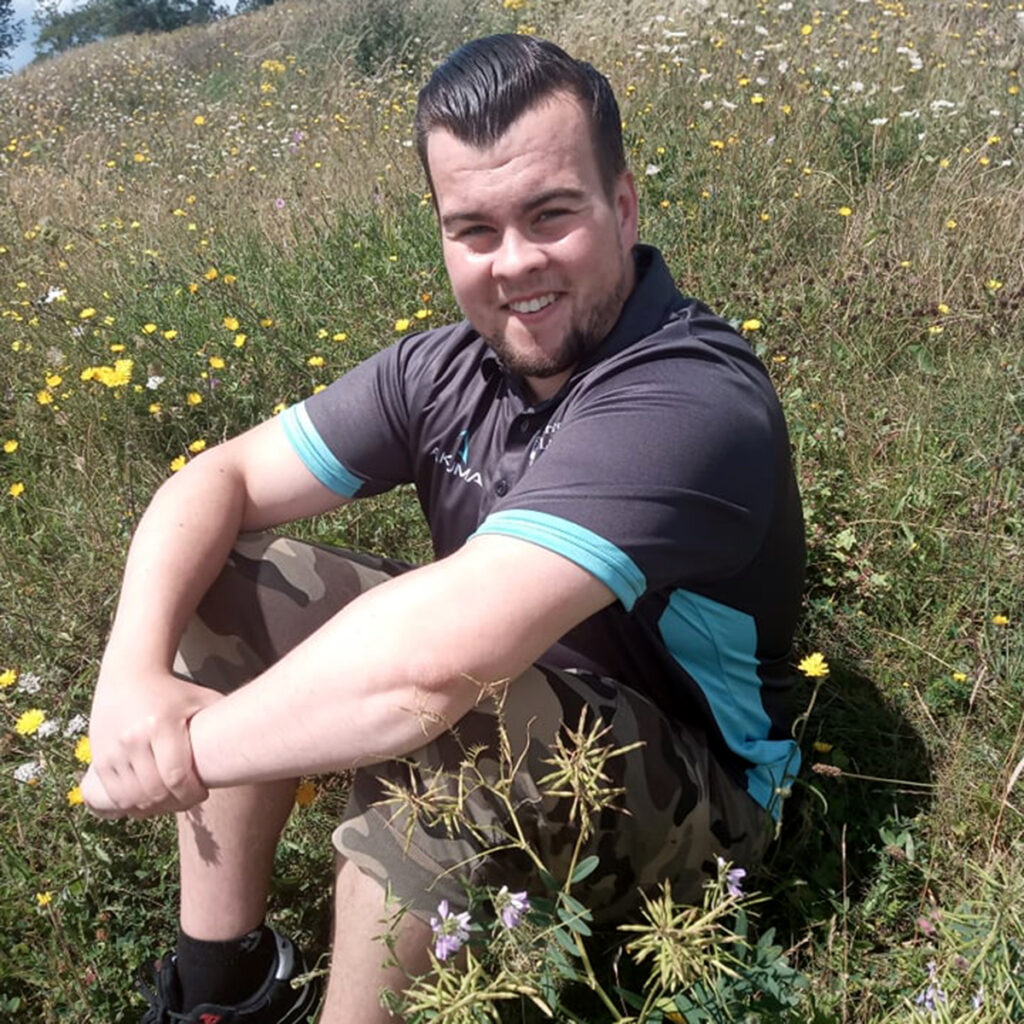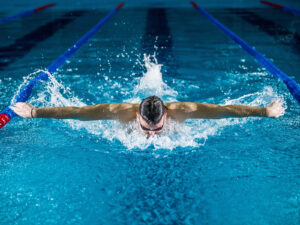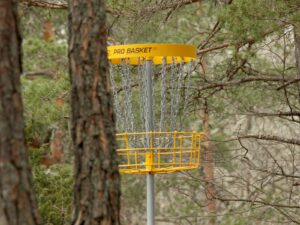Connor Bishop: Sport and nature

During an undefeated professional career that spanned from 1993 to 2008, former world champion Joe Calzaghe inspired several generations of boxers.
Watching the closing stages of the Italian Dragon’s time in the spotlight was nine-year-old Connor Bishop, who was quickly becoming obsessed with the sport and the aura of its stars.
His new-found excitement led him to a local children’s boxercise gym, before transitioning into full-contact boxing at 15, being exposed to training routines and schedules which gave him the foundations to pursue a career in sport.
He continued to box for a further two years, and now aged 23, Connor is completing a master’s degree in Applied Sport and Exercise Sciences with a specialism in Sport Psychology at University of East London.
“I really enjoyed competing in sport, but my favourite part has been learning about people and how they can chase their dreams, how passionate they can be; from not doing a sport, to doing a sport, to being a champion at it,” Connor said.
“I’ve met so many people from different backgrounds, whether they are neurodiverse or neurotypical, and it’s been great to talk to them. I also like helping people do things that they never thought they would be able to do.
“When I started both boxing and college, I never thought about where it would take me, I just went with the flow. It’s about taking those opportunities as they come and making yourself available.
“Sometimes that is hard but if you have the right people and the right guidance around you, that’s important.
“The benefit of sport is that you never know where it’s going to take you.”
Through pursuing sports courses at college and university level, Connor has coached and officiated in multiple sporting activities and assisted dodgeball events for charity, while getting more involved in disability sport.
He is also on the autism spectrum, and for his dissertation, he looked at the relationship between autistic people and green exercise – exercising around nature.
“The effect of nature-based exercise for autistic people is very positive. We enjoy being out in nature and being physically active.
“I’m now a keen runner and I enjoy running; I always loved it in natural environments and there are a lot of other autistic people that do too. In the countryside, parks, woods, my mum used to take me to these places so those were the places I returned to.
“It’s fulfilling to get away from the busyness of work, towns and cities, and just be by myself and feel the wind in my hair – it’s a sensory thing.
“I’ll now be looking at the barriers that autistic people face when engaging with green activity and, a lot of the time, the perspective of the autistic community is not being provided.
“Autistic people are thought about as not taking part in sport and exercise but that’s not necessarily true; my friends for instance take part in boxing, running, football, and hiking.
“It’s really important for people to talk about sport and autism, because it’s huge. There are a lot of us out there participating in sport, but you might not know it, and it’s about bridging that understanding.”
While boxing, Connor progressed through the ranks to fulfil his dream of stepping into the ring as a fully fledged amateur boxer and had big aspirations of becoming a world champion, before curvature of the spine forced him away from participating in the sport.
“It’s really important for people to talk about sport and autism, because it’s huge. There are a lot of us out there participating in sport, but you might not know it, and it’s about bridging that understanding.”
Connor Bishop
That was all before he was aware of his autism – his diagnosis at the age of 19 answered some long-standing questions about why he was slightly different to others, and gave him hope for the future.
“One thing that does keep coming up [in research] is that autistic people like taking control; I was like this when I was younger, not relying on team communication.
“But everybody is unique as some autistic people will engage in teams and others will do individual sports like martial arts and boxing; it really depends on the preferences of individuals. Engagement in physical activity is a spectrum in itself.
“Autism has been a big benefit in what I’m doing. It has given me the want to support and advocate, as well as that special interest and a keen eye for detail, being analytic.
“Sport can be used as a tool for inclusion and that’s the main thing for anybody with autism or a disability. If we provide more information on how people with autism and disabilities can be involved in sport, it’s more likely that someone will engage.
“Especially in young adults, there tends to be a bigger focus on children so adults can get neglected when it comes to sport and exercise, but we definitely get the benefits of it. It’s looking at the positives rather than the negatives, because there are a lot of positives when it comes to exercise.
“People love sport and that’s a way forward for everybody, it is an outlet. Do what you want to do, be who you want to be, and achieve the things that you set out to achieve.”


